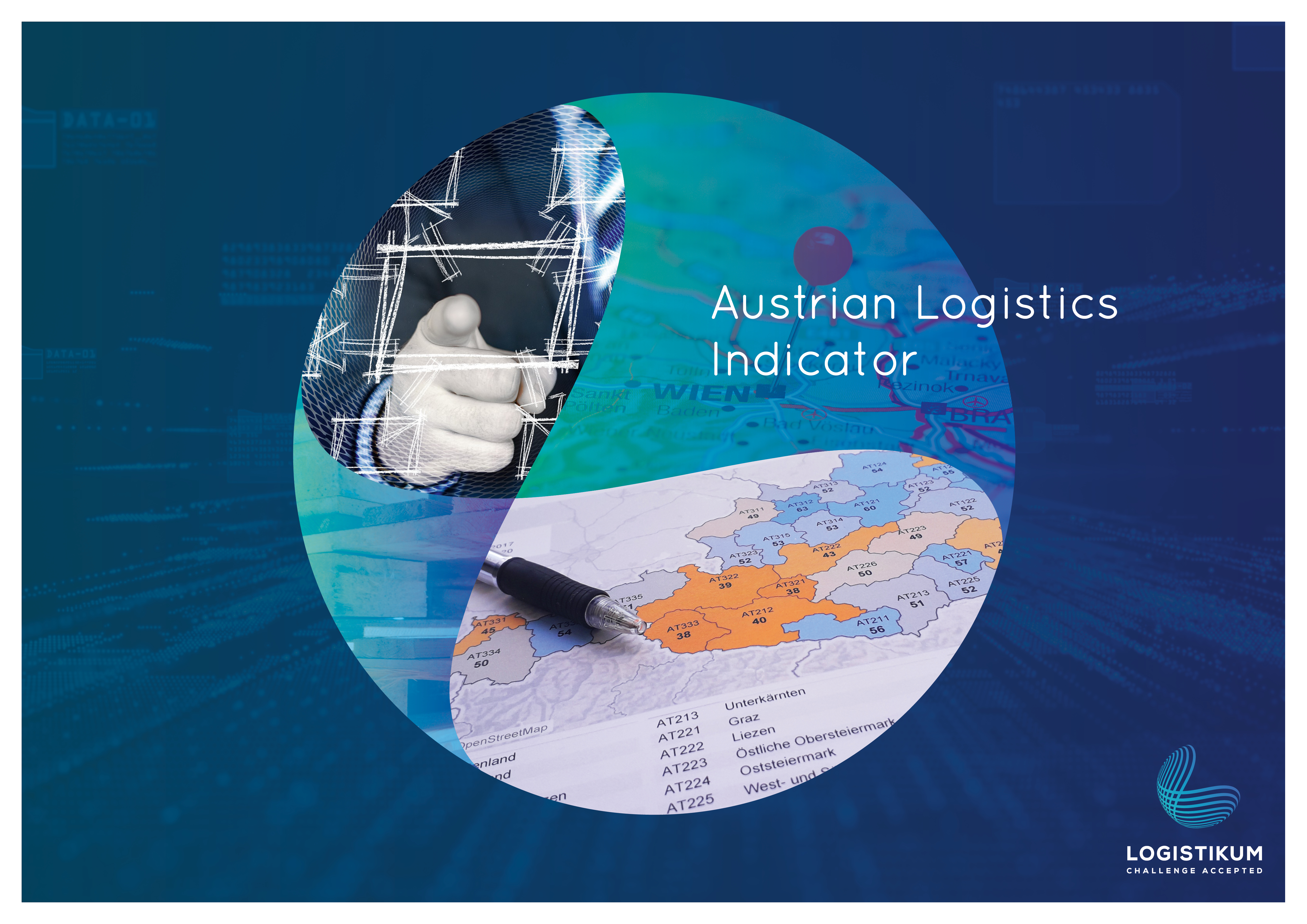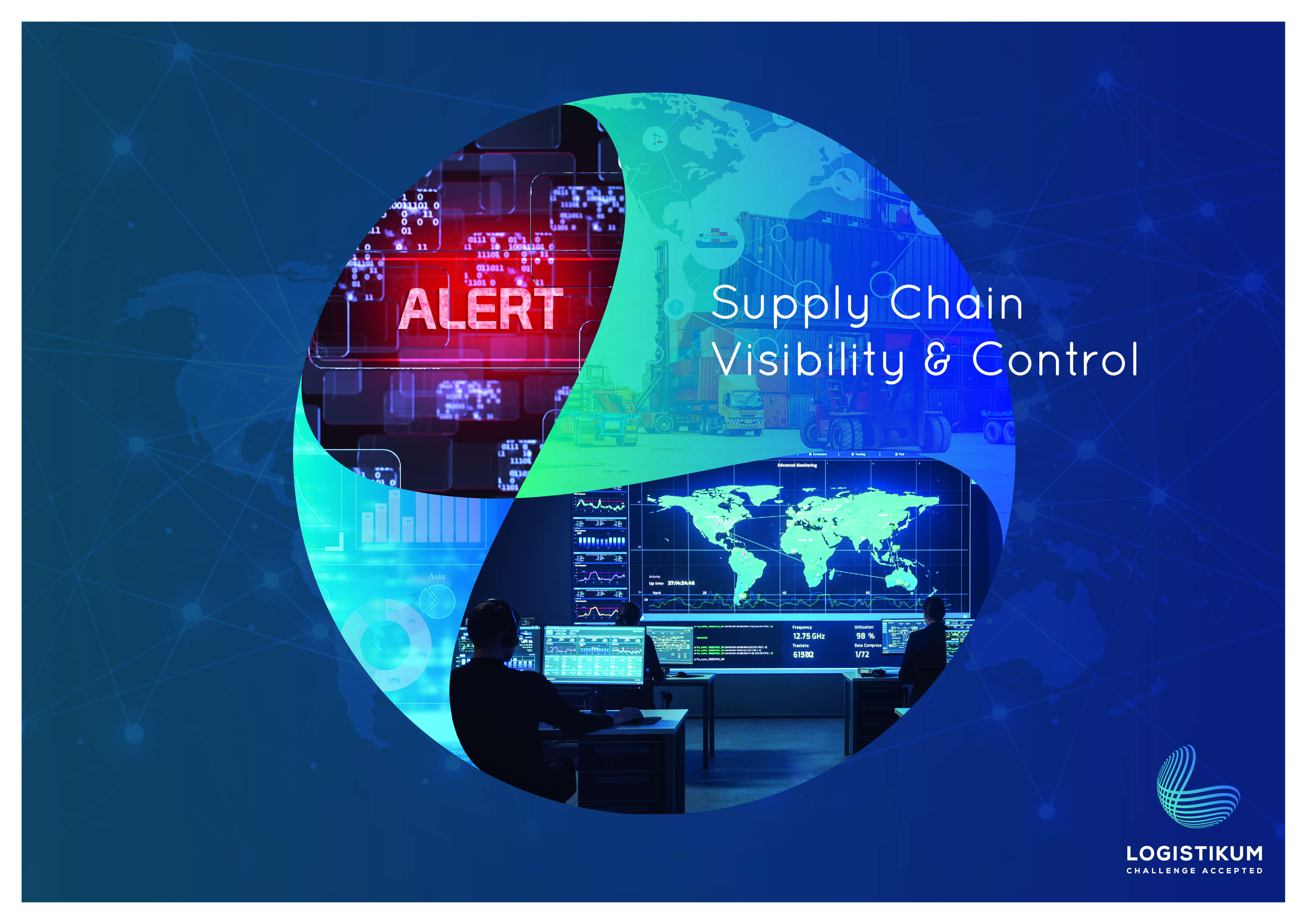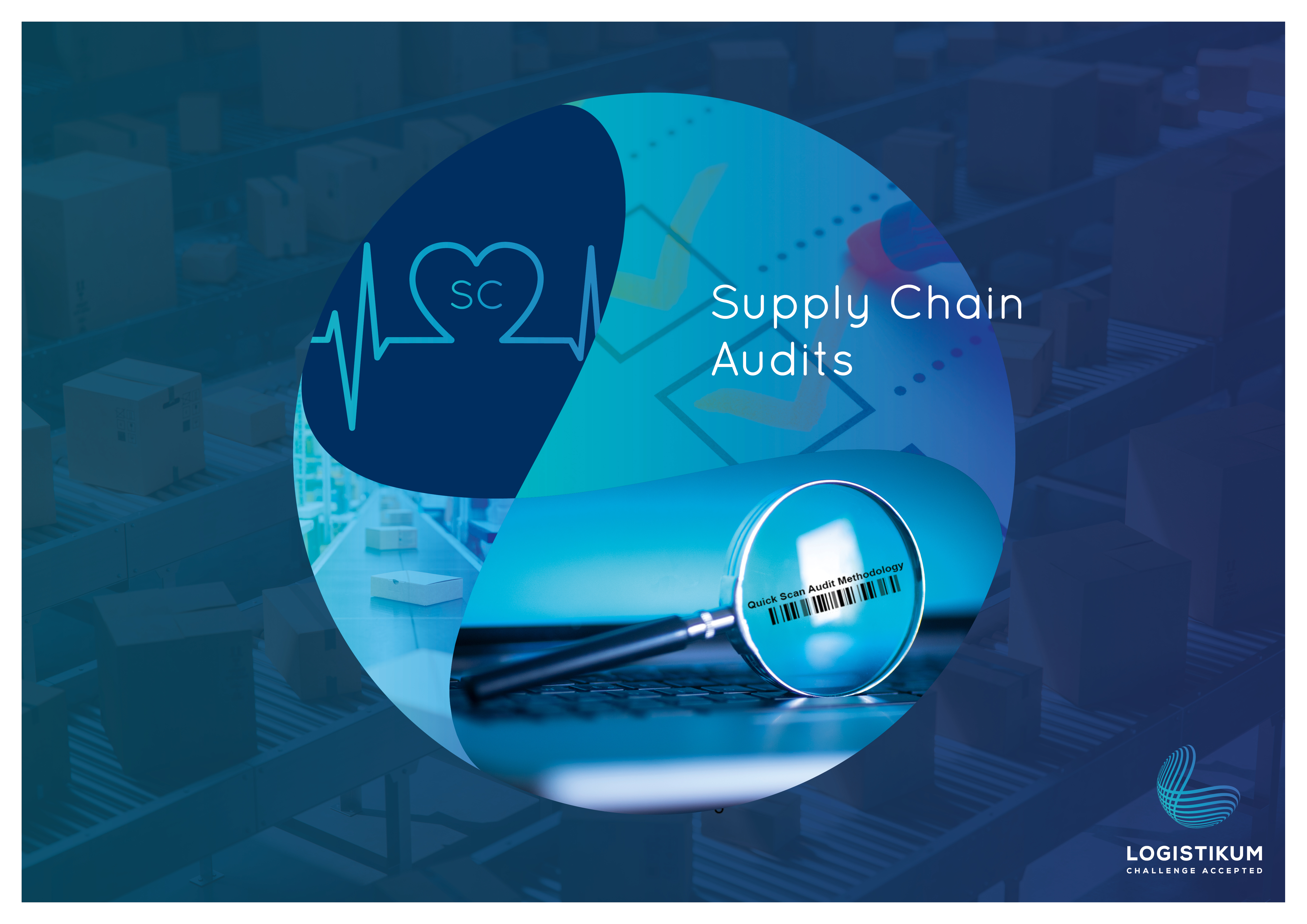Supply Chain Management
Nurturing business and society with high end SCM research
A global society and economy requires ever greater networking. This stronger networking with a reduced own added value depth leads to opportunities and risks for companies. Through basic and applied research in the areas of 1) Supply Chain Control Towers, 2) Supply Chain Risk & Resilience, 3) Supply Chain Complexity, 4) Supply Chain Coopetition, 5) Predictive Analytics as well as 6) Supply Chain Audits, the "Supply Chain Management" competence area makes a significant contribution to companies in order to be able to exploit opportunities and to minimize or eliminate risks that may arise.
The competence area "Supply Chain Management" offers its corporate & research partners comprehensive know-how in the design of sustainable and resilient value networks (also in the service sector), the handling of complexity and risks in cross-company relationships as well as know-how for the development of cooperative business models.
Our aspiration is to be a long-term, reliable and profitable partner for our international scientific partners and regional corporate partners.
Global outreach – local impact
For further information, please contact the head of the research team:
Prof. Dr. Markus Gerschberger
Wehrgrabengasse 1-3, 4400 Steyr/Austria
+43 5 0804 33265
markus.gerschberger@fh-steyr.at
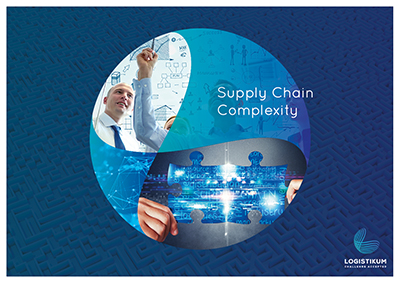
Supply Chain Complexity
To understand, control, and manage supply chain complexity it is vital to combine insights from various disciplines. Thus, the competence field follows a multidisciplinary approach to investigate supply chain complexity. Furthermore, quantitative and qualitative research methods are used to gain meaningful results.
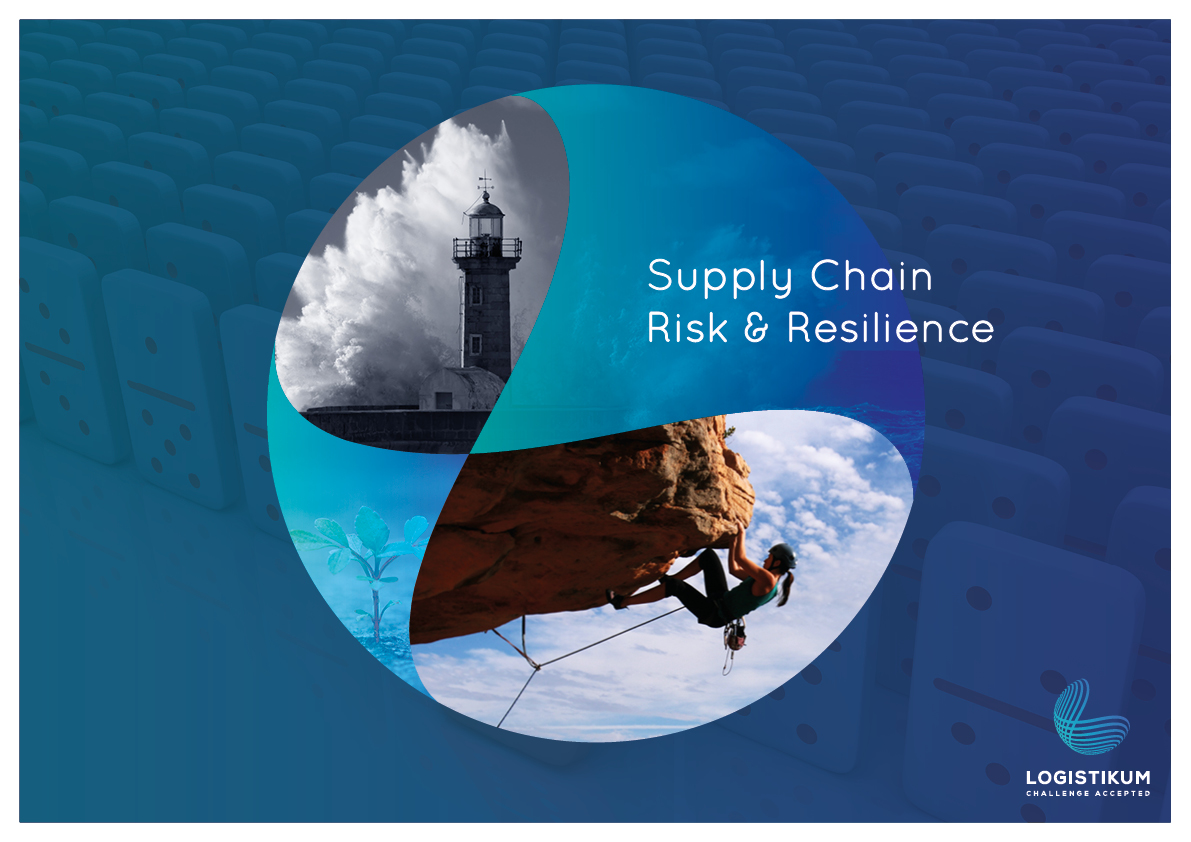
Supply Chain Risk Management, Resilience and Security
The aim of the research area Supply Chain Risk Management, Resilience and Security is to conduct research on how supply chains can be made less prone to risks and how competitive advantages can be generated through preparations and measures in the event of unforeseen disruptions. Methods for evaluating and managing flexibility and resilience are developed. Current examples such as Covid-19, Solarwinds supply chain cyber attack, reduced freight volume sea route Asia-Europe, low water inland shipping, and many more show how diverse the risks in supply chains are.

Predictve Analytics
Logistical value creation networks are complex structures consisting of independent corporate partners, the relationships between them and a multitude of stakeholders. In order to be able to overview or optimize these networks in the context of global competition, it is necessary to obtain network data and to systematically evaluate and interpret it.
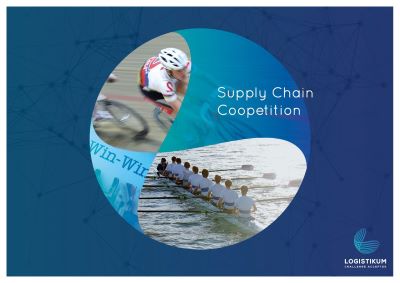
Supply Chain Coopetition
Companies are increasingly dependent on the knowledge and competence of external organizations in order to improve their supply chain performance, develop problem-solving ability or realize marketable innovations. Risks caused by the entry into new markets or launches of new products, services and technologies are continuously rising. Therefore, new forms of cooperation such as a close cooperation with the own competitors have developed.

